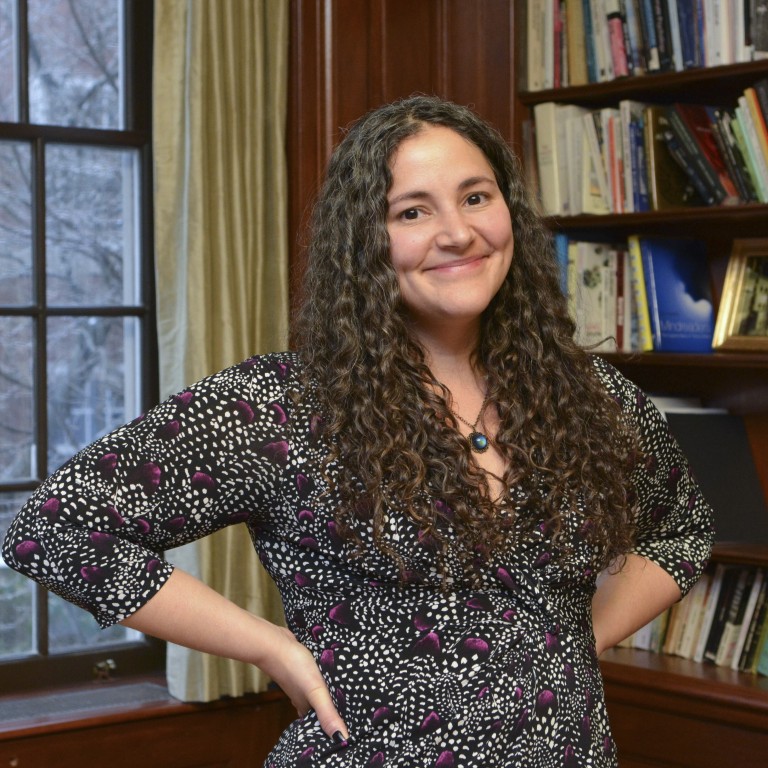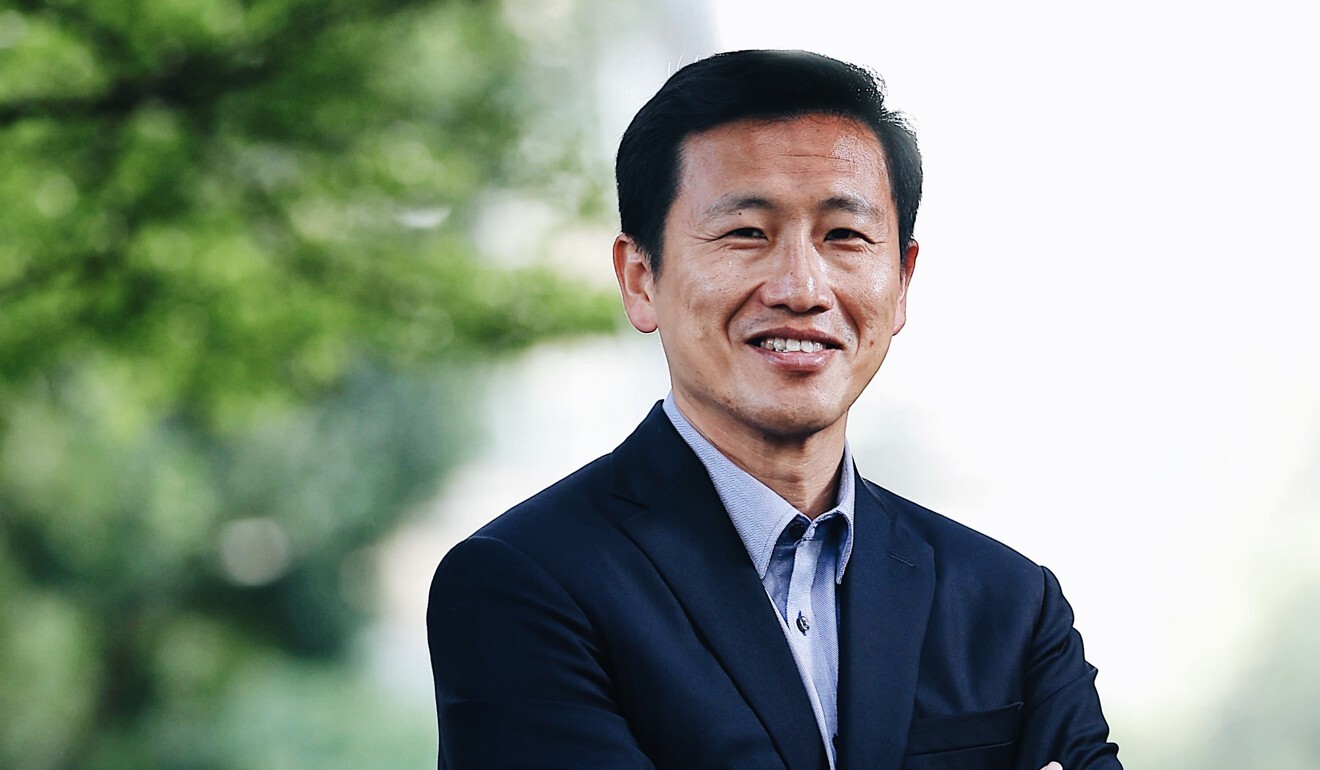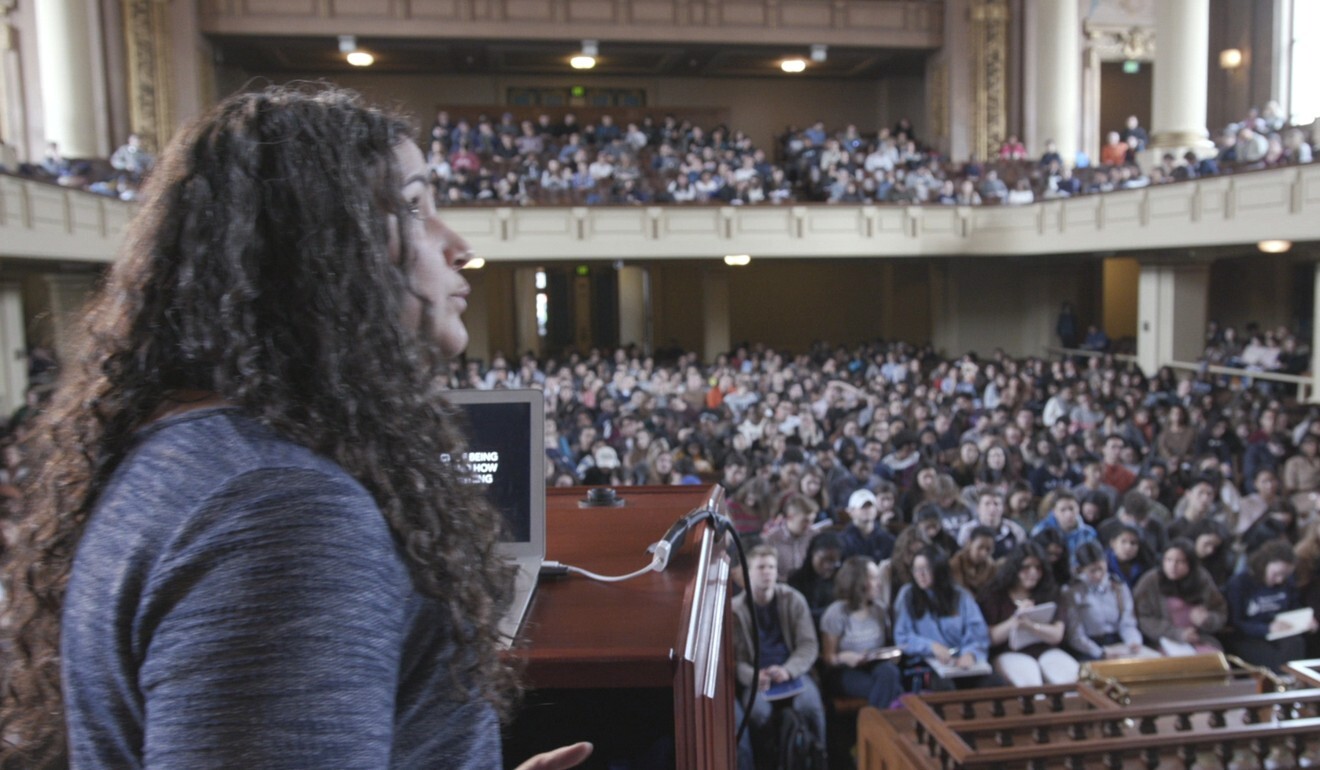
Can Yale teach the secret of happiness in the time of coronavirus? A Singapore minister is finding out
- Education minister Ong Ye Kung is among millions who signed up for the American university’s free course on the ‘science of happiness’
- Psychology professor Laurie Santos attributes her course’s popularity to people looking to ‘improve their mental health during this challenging time’
“It was an eye opener, and helped me understand the challenges students are facing today, which youths of previous generations might not have encountered,” he said.
Ong joined millions of people from more than 160 countries who have signed up for the free course – technically known as “The Science of Well-Being”.
Coronavirus: Singapore bans public and private gatherings of any size in outbreak fight
The course is the brainchild of Yale professor of psychology Laurie Santos, who believes the Covid-19 pandemic has helped drive up those figures.
“The online class jumped from 500,000 learners to over 1.8 million learners in just a few weeks during the crisis,” she said. “I think this is because people are trying to find ways to take active steps to improve their mental health during this challenging time.”

Santos first pitched her idea for the course two years ago to Woo-Kyoung Ahn, director of undergraduate studies in psychology at Yale’s School of Medicine, who told The New York Times she was “blown away” by the proposal.
In early 2018, when Yale launched the course in a campus classroom setting under the name Psychology and the Good Life, it became an instant hit – with 1,182 students signing up for it. Dean Marvin Chun told the Times that large lectures at Yale rarely exceeded 600 people.
So impressed was course creator Santos by the response that she slimmed its content down into a series of seminars filmed in her Connecticut home. Then came the pandemic, and now the course is setting records unlikely to be broken, with Santos calling the sudden interest in her class “a bit surreal”.
Singapore moots new laws for voting in the time of coronavirus
As the lectures were already filled, she did not change its content to address the current crisis. The lean version hit the school’s online learning platform on April 5 at no charge, but students can purchase a certificate of completion for US$49 – quite a bargain for a private university where students shell out about US$50,000 in tuition per year.
The weekly instalments see Santos drawing on behavioural science and psychology to help students develop productive habits to build happiness. She sets some particularly tough assignments, challenging students to delete their social media accounts; exercise and/or meditate each day; invest time in family and friends; and keep a gratitude journal.

“I did do a recent Facebook Live event where we talked about happiness and Covid-19. That video is now added to the course page,” she said, as well as adding episodes related to the pandemic to her personal podcast, The Happiness Lab with Dr. Laurie Santos.
Beyond its impact on the coronavirus crisis, Singapore’s education minister Ong said the “happiness” course had taught him that “because of social media, high expectations are a phenomenon particular to this generation [of students in the island nation], and have influenced their mental make-up”.
While he does not know any others in Singapore who have taken the course, he said: “I have shared what I learned with my professional colleagues, who are deeply experienced and have great insights on the issue. This helped us shape the review of Character and Citizenship Education [part of the country’s syllabus], and development of the Digital Literacy curriculum that I announced in parliament recently.”
Ong said these would be “profound changes to the content of education in Singapore in the years to come”.
As for Santos herself, she practises what she preaches. “I practise all the happiness tips I teach in the class,” she said. “I need them too during this challenging time!”

